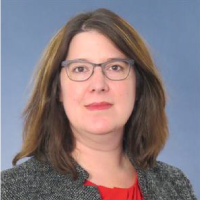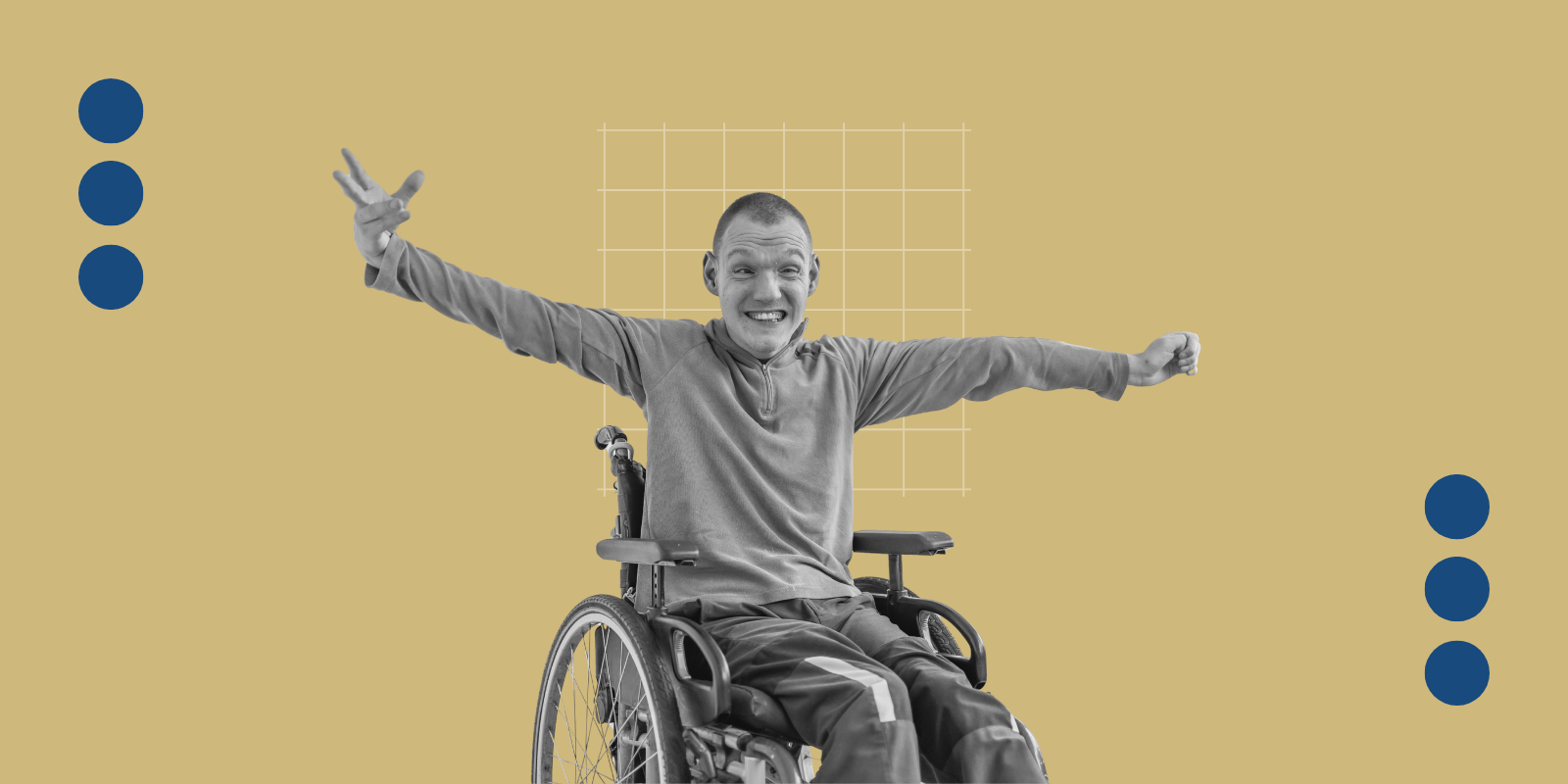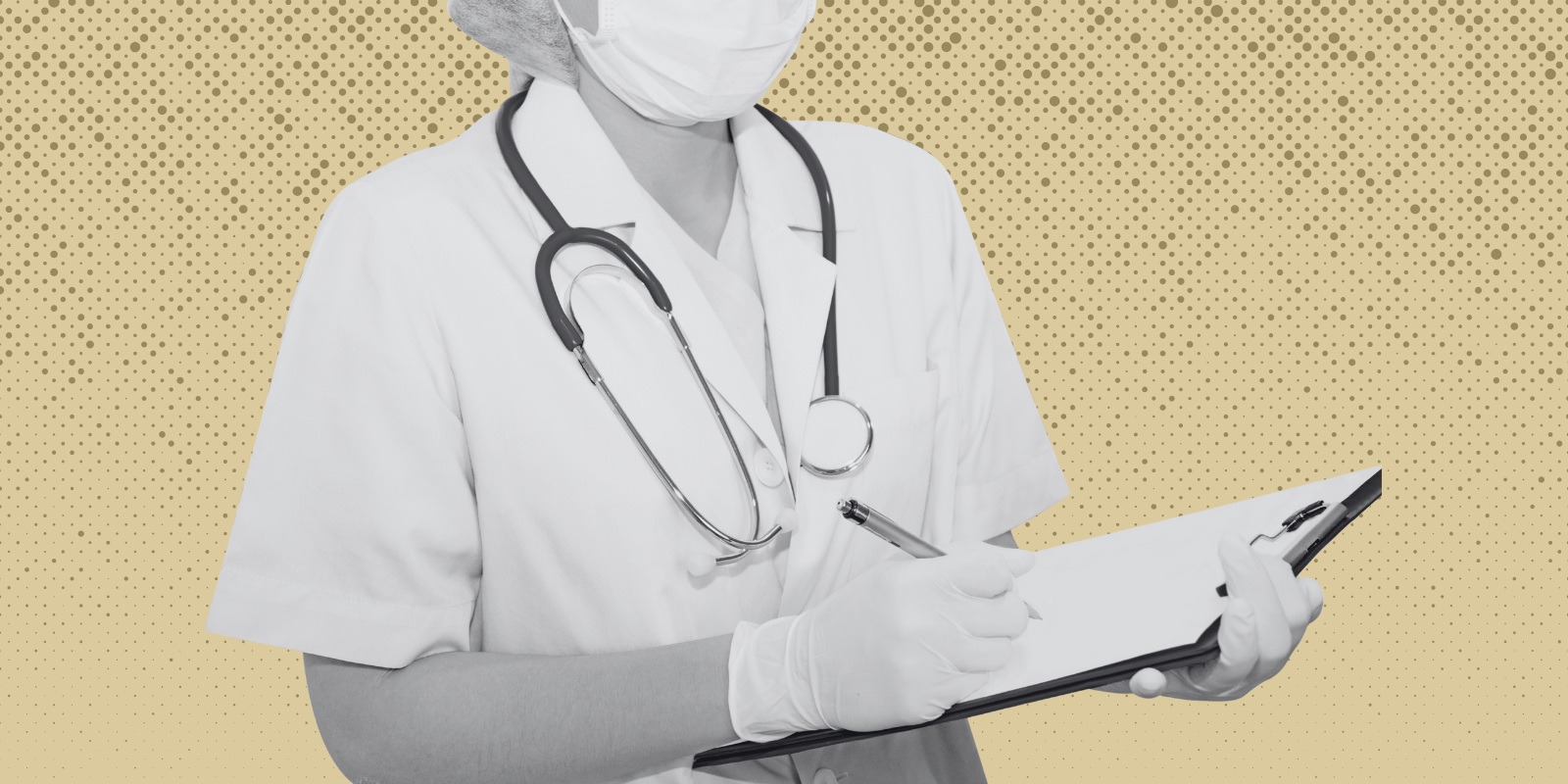Can you tell us about the focus of your work and how you partner with ACCORDS?
I'm the core director for the mobile health and informatics core at ACCORDS. What I do, embedded in ACCORDS, is consulting and advising for investigator development. Most of my research projects are based in the Colorado School of Public Health at the mHealth Impact Lab. There's a particular focus with academic industry collaboration, investigator development, project idea development, and of course working on grant-related projects and research.
How did healthcare technology become your focus?
The heart of how I ended up with this focus is technology. I've always been interested in health and improvement back to the dawn of time in the stone age when I was an undergrad. But before I came into the health sciences and research field, I spent over a decade working in investment banking and with litigation lawyers running their IT systems. I was working in knowledge management, network management, network administration, and particularly at the law firm, working with early mobile devices.
I was working with early mobile devices for information management and thought, “You know what? I bet we can do this for the good of the world.” I went back to school to pursue health research with a focus on consumer health informatics that use mobile technologies so that people could do things on the move, outside of the doctor's office, in their home setting, with their own devices. And that's what's been the constant driving force all along.
What specifically do you consult with researchers on?
Through the mHealth Impact Lab, I primarily work with research involving mobile and digital health, anything from initial design and proof of concept, all the way up to randomized control trials conducted in clinical settings. I design and conduct some of the work myself or I advise and consult with others on how to do it correctly as a methodologist.
What products do you specialize in helping researchers develop?
The real focus of my research and thus part of what I focus the core on, is “consumer health informatics.” It uses information technology solutions in a variety of ways, but it all comes toward collecting, organizing, and presenting information for the benefit of the healthcare consumer. A healthcare consumer can be a patient, a patient's caregiver, or a healthcare provider or system, depending on who's using the solution and what their needs are.
I also work in clinical informatics, often with patient-generated or patient-reported data. This is information that patients might collect or share in settings outside the clinic walls and provide back through an information flow in some way for providers to use at the point of care to improve clinical decision making, quality of care and health outcomes, and health promotion and disease prevention.
What are your current or most recent projects?
Recently, I worked on an AHRQ-funded project that looked at collecting patient-reported data through commercial off-the-shelf solutions, which meant that patients could use their own mobile phones and apps that were already available in the marketplace for other reasons to share the information we were asking for. Among other things, we found that patients were interested and willing to share health information with their providers this way, with 72% of patients responding to prompts for weight data with high-quality information.
I'm also working with CU Innovations and the UCHealth CARE Innovation Center on multiple projects that involve collaboration with industry partners. Examples of these involve using digital health solutions such as mobile apps and wearable sensors to collect physical and behavioral health indicator information about sleep quality, chronic conditions, mental health, and infection or infectious disease.
Much of my work is very closely tied with clinicians and clinical care, but my focus is on the health informatics aspect and the technology itself, not necessarily on a particular disease or condition. I work on collecting and surfacing information through technology to improve how care is done.
What types of clinical care or research does this work touch?
It ties into so many areas of health research and clinical care. So much of clinical decision-making and chronic disease self-management is dependent on good information. And that's true, whether it's diabetes or cancer or hypertension. I work on projects that give people the tools they need to be more empowered for their own health outcomes. I look systematically at how to integrate the collection of that information and the use of it to bring it from information to actionable knowledge.
How do you help researchers with their technology development?
The mHealth Impact Lab works to help teams take innovative approaches and partnerships and take their products through rapid testing to ensure that they’re good quality solutions that improve outcomes. We work with research investigators to help them think through all the aspects that go into it as well, posing questions such as: How can they be sure that their product works the way that they think it does? How can they promote adoption in the health system? What gets a provider to use a particular solution? Why this solution rather than that one? How do you make sure that it's something that suits the clinicians and patients well from an industry or a user perspective?
All these questions help people while they are planning so that their projects don't fail out of the gate. We want to help them build the best product. We want them to succeed.
How does your work include health equity pursuits?
A big problem in the technology field is that much initial work starts only in English and only with iPhones. I work to help researchers and developers think through how to be inclusive in their product development trajectory and their planning for grants so that the solutions created are well designed for and accessible to all.
What resources can investigators gain by working with the mHealth Impact Lab?
Researchers gain access to my expertise and that of our team of investigators. We also have a team of PRAs who are experienced in tech evaluation, qualitative data collection, business intelligence and data visualization, and chatbot programming.
We provide resources through consultation and grant development. In addition, the lab as an entity can be written into a grant as a service that can provide tech-related services like evaluations or initial development and product testing. We offer flat rate packages for some common services and initial evaluations, especially for early-stage tech development projects. And then through ACCORDS and through the relationship with the lab, advisory services on specialty areas of expertise and mentorship to investigators looking to grow in this area. We’re always willing to collaborate!





